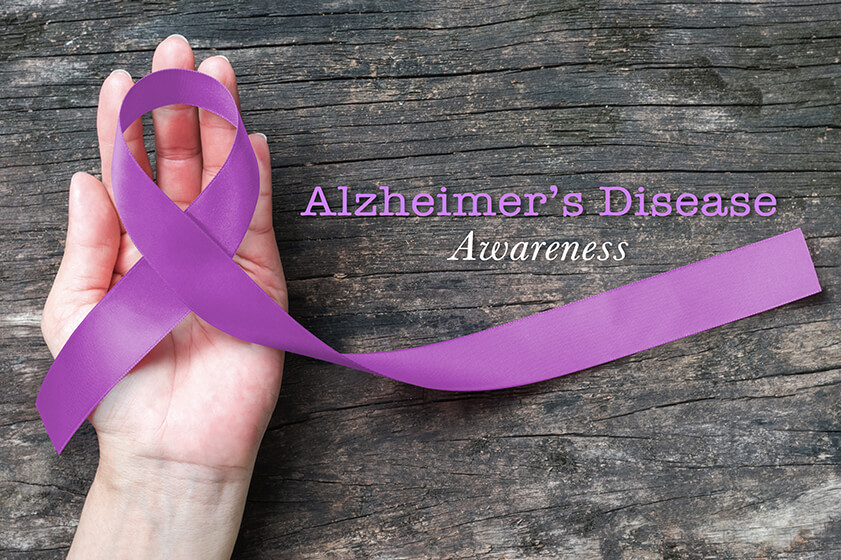Memory loss is the most common indicator of Alzheimer’s disease. However, many other symptoms can dramatically alter the day-to-day life of an individual with Alzheimer’s. These symptoms include the inability to complete routine tasks, confusion, difficulty communicating with others, and social withdrawal. The patient may also experience a variety of changes in mood and personality, becoming aggressive or easily irritable. In later stages of Alzheimer’s, hallucinations and delusions may occur too. Dealing with Alzheimer’s unpredictable behavior changes in loved ones can often be difficult for caregivers. Here are some simple ways for you to protect the well-being of your loved ones.
Reassure Them and Redirect Their Attention
Speak to your loved ones with a gentle, calm voice. Express affection and care through verbal encouragement and daily reassurance. In situations where our family members are agitated or upset, avoid confronting them or correcting them, as this will distress them further. Instead, simply agree with what has been said and direct their attention to a new topic or activity.
One good way to comfort your loved ones is to discuss the “good old days” with them. Recount old family memories, or talk about their favorite pastimes and passions. Events from the past tend to be more firmly rooted in their memories and talking about happy and familiar memories is likely to put them at ease. You can also flip through old photo albums, take a stroll, or read a book together.
Adapt to Their Communication Methods
Our loved ones may struggle to communicate their needs. Since they are not able to find the right words, they will try to communicate via gestures and body language. Learn to understand what your loved one is attempting to convey to you. If they become irritated or upset, this may show that they have a need that has not been met. They may find it difficult to relay to you that they are tired, hungry, thirsty, or experiencing physical discomfort.
Create a Safe Environment
Regular living spaces could prove to be a dangerous place for someone with Alzheimer’s disease. As our loved ones’ physical and cognitive abilities decline, adjustments need to be made to create a safe living environment for them. Install grab bars in the shower and toilet, simplify furniture arrangements, and add nightlights so that frequented areas of the house are well-lit.
Identify and Avoid Triggers
Certain actions and words may set off risky or inappropriate behavior. By recording instances of outbursts and finding out what causes your loved one to react a certain way, you might be able to prevent undesirable behavior or put a stop to potentially harmful actions. For example, someone who gets aggressive during bath time might have misinterpreted the assistance provided as an invasion of his or her privacy.
Seek Help when Needed
Managing unpredictable behavioral changes in loved ones with Alzheimer’s disease can be very taxing for caregivers. This is especially so when you have to cope with a range of other personal and professional responsibilities. Realizing when you need help, and taking the step to reach out to others for help, is essential to ensuring both your own and your loved one’s well-being.
If you’re looking for trained professionals who can provide your loved ones with quality memory care in Spartanburg, SC, find out more about our Memory Care program at TerraBella Spartanburg today!







